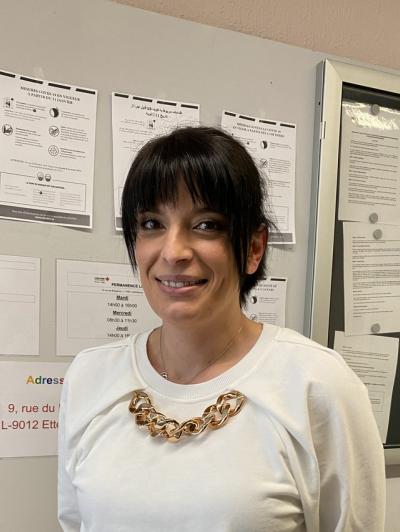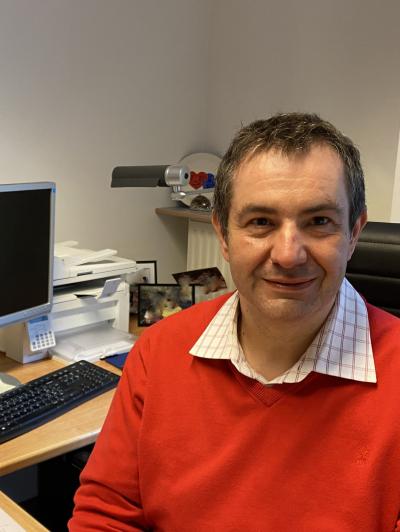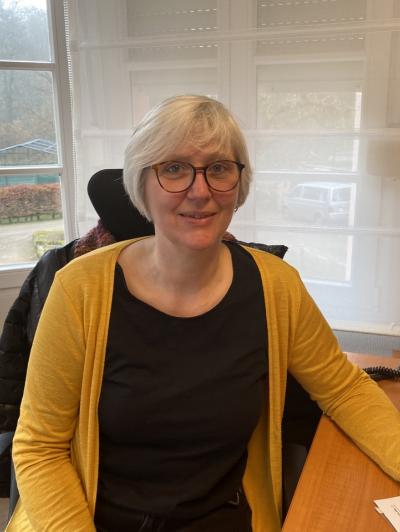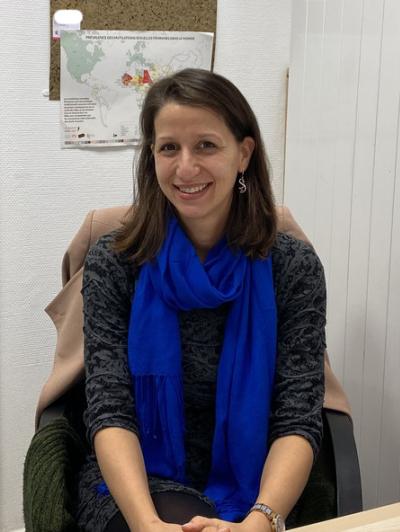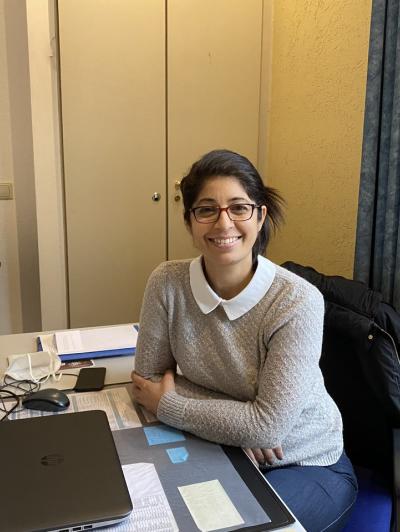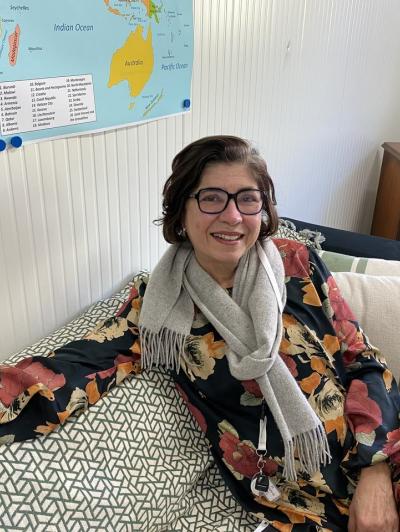Dario Bruno: Conseiller, motiver et surtout croire aux jeunes!
Wednesday 31 March 2021
Dario Bruno is a Streetworker in Luxembourg City since 2015. This service of the City of Luxembourg brings together various associations, including Caritas Jeunes & Familles, which deals in particular with young people. Getting in touch with young people who hang out on the street is not easy.
WHAT DOES YOUR WORK INVOLVE?
We work in the districts of Pfaffenthal, Clausen, Grund, Neudorf, the railway station and more and more towards Limpertsberg where more and more young people gather on the Kinnekswiss. We make rounds every afternoon to see if there are young people in need and try to get in touch with them and help them. We also welcome young people who want to come here to our premises in Rue Laurent Menager to give them advice, guidance, set up projects or organise activities. However, our work is very different from that of a youth centre. We are going to the young people on the street. Special attention is given to youth groups and cliques. We also do a lot of awareness-raising activities in schools to prevent young people from ending up on the streets and to show them the importance of not leaving school without a diploma. It is a work that is done together with the young people and in a low-threshold way, i.e. we do not ask anything from the young people. We are there and can help them if they ask for it.
HAS THE CORONAVIRUS CHANGED ANYTHING IN YOUR WORK?
Yes, of course. We can no longer offer all the group activities that we used to do. Our public has also changed its habits. We see fewer young people on the street at the moment. But we have to wait until the summer to confirm this. We notice the difference especially in the train station area. The youth cliques that used to gather there to spend time together are no longer there. We only see isolated young people with major problems, especially with drug problems. Unfortunately, another observation we've made since the coronavirus came along is that we're seeing more and more young people getting involved in hard drugs. Finally, the work that we used to do with youth cliques is becoming rarer because the young people no longer get together or have changed their habits in seeing each other.
ARE THEY MORE AND MORE IN COMPUTER MODE?
Probably, and it's difficult to get in touch with these young people who no longer go out and some of whom, we are sure, are in great distress. We are doing everything to be present on social networks, on Instagram and on Facebook. We also notice that we have many more young people contacting us via this channel. However, like all social work actors, we still have many questions about how to make social work possible at distance.
WHAT DO YOU LIKE ABOUT WHAT YOU DO?
The work has many facets. It is very varied. No two days are alike. I also appreciate the freedom of action we have, which allows us to be as close as possible to the needs of the young people, without too much fuss; which is important when you are working at the low threshold level as we do. Finally, the collaboration with the other associations that are part of Streetwork is excellent. We complete each other, each one on its publics and its districts, so that we have a good view of what is happening in the neighbourhoods and what the needs are and we can intervene in a multilateral way.
WHAT ADVICE WOULD YOU GIVE TO PEOPLE WHO WANT TO DO THE SAME KIND OF WORK AS YOU?
Young people are a difficult group to get in touch with. They are very suspicious. Offering a cup of coffee or tea as with other streetwork publics is not enough. When you work with young people, you can't expect to make huge progress all at once. On the contrary, you have to keep in mind that what you are doing is low threshold work. If I get a spontaneous "Moien" from a young person, I am already very happy. Sometimes it takes us months to get in touch with a clique. I've got into the habit of not running after young people, it's no help. You have to be very patient and not put yourself under pressure. You have to be satisfied with small successes, which can add up to a great success story.
Another tip is that you should not do too much in the place of the person. This is not good for the person, nor for us as social workers. On the contrary, the young person must learn to take charge of his or her own life. Our job is to advise him, to motivate him and above all to believe in him. However, it is up to the young person to achieve the life goals he or she has set.
Linked news
Donate
Your donation is essential to ensure the continuity of Caritas Luxembourg's actions in the service of the poor.
Other donation methods
